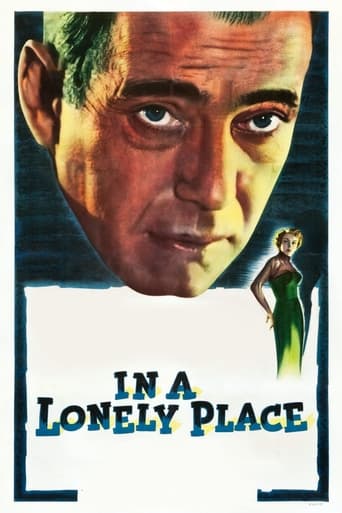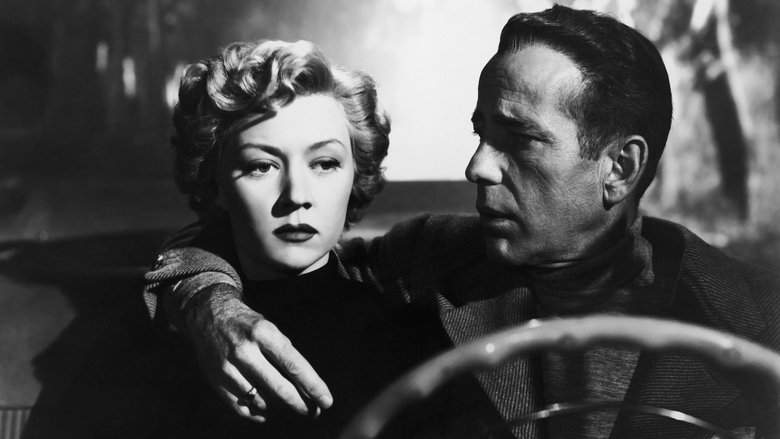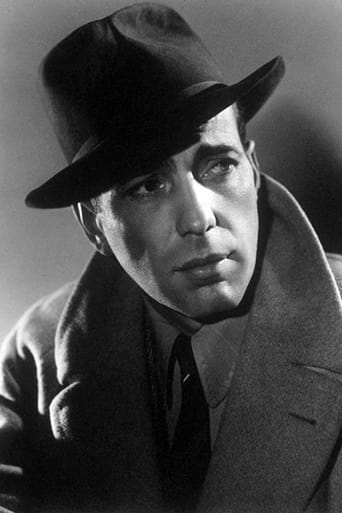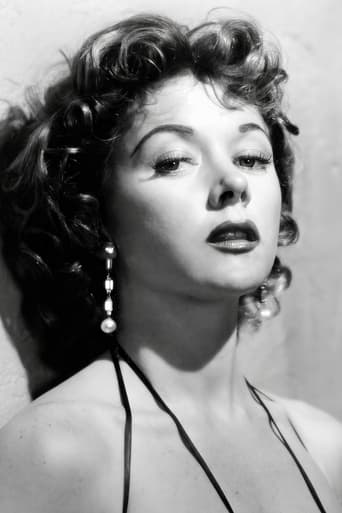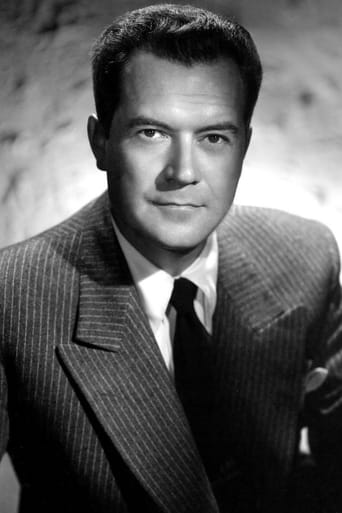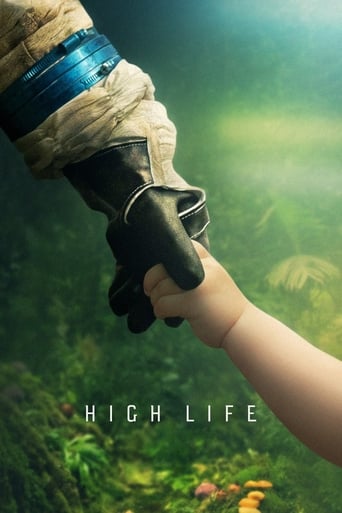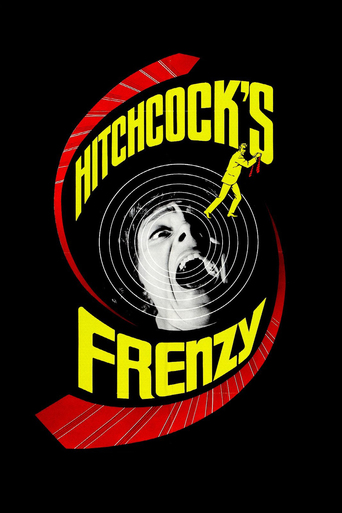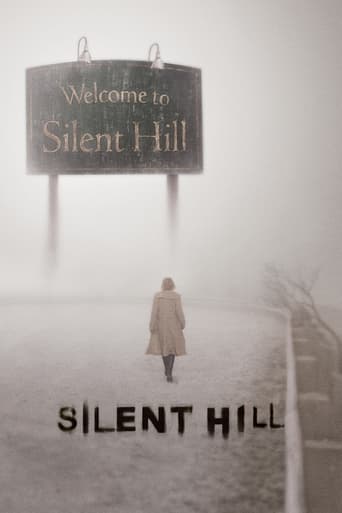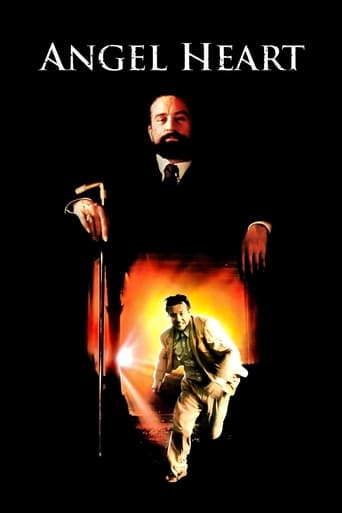In a Lonely Place (1950)
An screenwriter with a violence record is a murder suspect until his lovely neighbor clears him. However, she soon starts to have her doubts.
Watch Trailer
Cast


Similar titles
Reviews
Speaking as a Bogart fan, this movie just didn't click for me, and I'm not going to blame the leading male for its serious flaws and weaknesses. I found it ironic that the story revolved around a Hollywood screenwriter who was grappling with a script because this script must have involved quite a bit of struggling, possibly from a lack of inspiration on the part of the writer.Bogart aside, I have seen Gloria Grahame, Frank Lovejoy, and Art Smith in other films, and they were much better in them. In Grahame's case, perhaps it was the collapse of her marriage to Director Nicholas Ray that seriously weakened her lackluster performance here, but it could have been the very poor, lethargic script as well. Art Smith as the prison physician in "Brute Force" demonstrated how well he can do in much better circumstances.Very rarely do I appreciate Hollywood films about Hollywood. They always seem self-absorbed to me as someone who is 3,000 miles away from the place, not only physically but culturally. Perhaps I am incapable of understanding the occupational hazards and tribulations of Hollywood folks during the often difficult process of film making. I have yet to reach a conclusion about this. The jury is still out.For me, the film opens well and finishes on a dramatically compelling and thought provoking note, but I found it very tiresome for at least an hour in between. In my view, the actors were emotionally detached from their characters, most likely as the result of a limp script that, for the most part, lacked energy. Maybe if Bogie took that carefully carved grapefruit and smashed it into Graham's face or threw a pot of hot coffee at her, I would have been jolted out of my yawning listlessness. At any rate, I found this film to be extremely overrated and at or very near the bottom of my Bogart movie list.
Ostensibly a story about PTSD before it had that clinical name: an otherwise decent, high-functioning, articulate guy explodes at the drop of a fedora. Scrapes and scuffles -- forgiven and/or passed off as typical post-WWII tough stand-up guy behavior, until the police identify him as the last person to have seen a murder victim alive.For me personally, Bogart as mega-star was a given since I was a tyke watching him on TV, to the point that I find myself not taking him in fully; but his performance here is a revelation: no risk goes unrisked as the man unhinges one hinge at a time. Nick Ray creates a universe where everything and everybody is slightly off, where negative capability -- the promise of very bad things -- is possible at every turn. Bogart the idol is subsumed by Dix Steele, trouble man. In the early scenes there's lots of puerile dialogue wherein that absurdly phallic name is bandied about, to the point of giddiness. This along with slightly more erudite comedy serves to disarm the viewer as we're drawn deeper into the serious subject matter. Like much film noir, it's a comedy about tragedy.The gifted, always-vulnerable Gloria Graham (bless her!) loves the ruffian and brings out his sweetness. Ray's direction (they were in the midst of a tumultuous marriage off-screen) keeps her character smart and strong -- struggling with loving a man she also fears, not afraid to confront her own masochistic tendencies -- peeling back the layers, peeling back the layers . . .Like Ray's 'Born to Be Bad' also released in 1950, 'In a Lonely Place' is so different from other films of its time it appears to be made with different chemicals. Ray does the unexpected with familiar faces and familiar genres, and employs audacious rhythms -- lingering too long here, too briefly there. Both films feel beautifully modern for all that.
Dixon Steele is a Hollywood screenwriter in career difficulty, going to a nightclub to see his longtime agent, who tries to help Steele's career by having a trashy novel adapted to the screen. Steele agrees, but in the process gets into two violent confrontations at the nightclub. Despite this, a hat check girl at the club who has read the novel, which Steele didn't want to read, agrees to visit Steele at his apartment to describe what was in this novel, despite the fact that she would break a date with her boyfriend as a result. She does so and Steele pays her, but after she has left, she is later murdered.New neighbor Laurel Gray and Steele are called to the police station and questioned, and upon their meeting, develop a romance. Trouble is, Steele has a long record of violent behavior, and Steele alternately acts kind and generously and then threatening towards Gray, making her question her relationship with him. Continuing such behavior makes everyone else, including the police, more and more fearful of Steele. Who is he and what has he done? Great performances from all cast members, great noir atmosphere, but ultimately this is not a pleasant story. The ending in fact is a blessing in disguise.
I just finished reading the Dorothy Hughes' novel which this movie was named after and which it supposedly was based. I had not seen the movie so I rented it from iTunes right after putting down the book. I must say I enjoyed them both but also discovered they had almost nothing in common. Okay there was an LA apartment in both of them. The movie uses many of the names from the book but the personalities and roles are completely different. I knew the endings were quite different (i.e. the protagonist is guilty in one and innocent in the other) but I thought there might be one line of dialog taken from the book. No, not one line that I could tell. That aside, the movie should be judged on it's own merits and the acting and directing are excellent. I love seeing the old L.A. scenes. The plot is dated in that it is way more tolerant of male spousal abuse than you would ever see today. The ending in the movie seems to imply that the big breakup was all due to a misunderstanding over the false accusations against Bogie's character Dix. By today's standards leading lady Laurel had more than enough reason to give Dix his walking papers way earlier than she did. I think as a viewer I was supposed to be hoping they would patch things up and get together but I found myself yelling at Laurel, "Get the hell out. Now!!! You don't have to put up with that s***." And I'm a guy. Bottom line: although the book is a bit better, read it AND see the movie. They are two very different animals.

